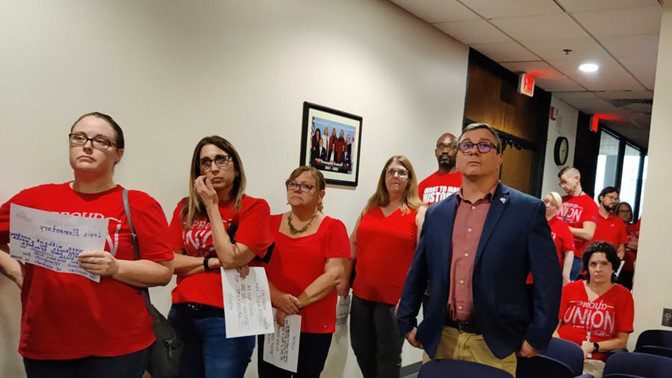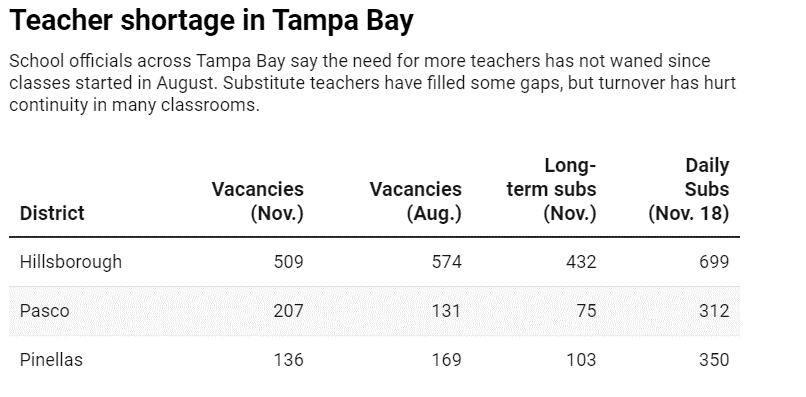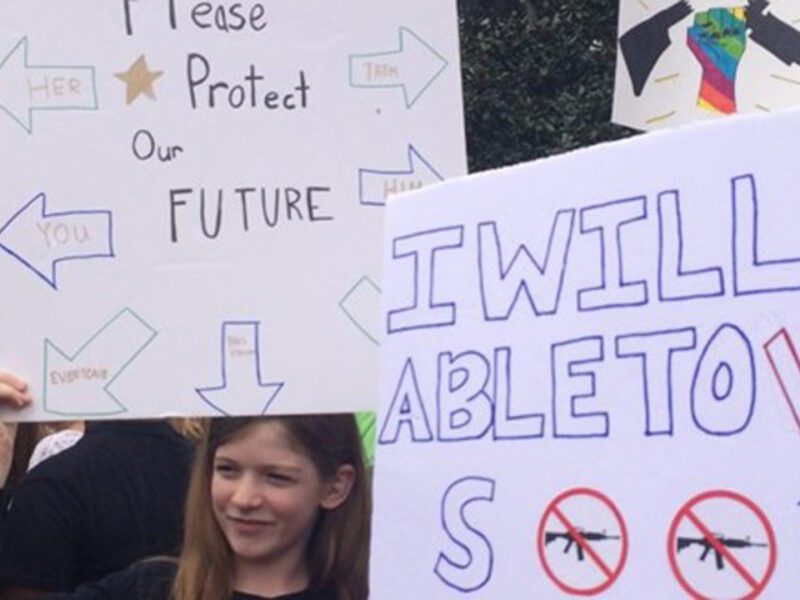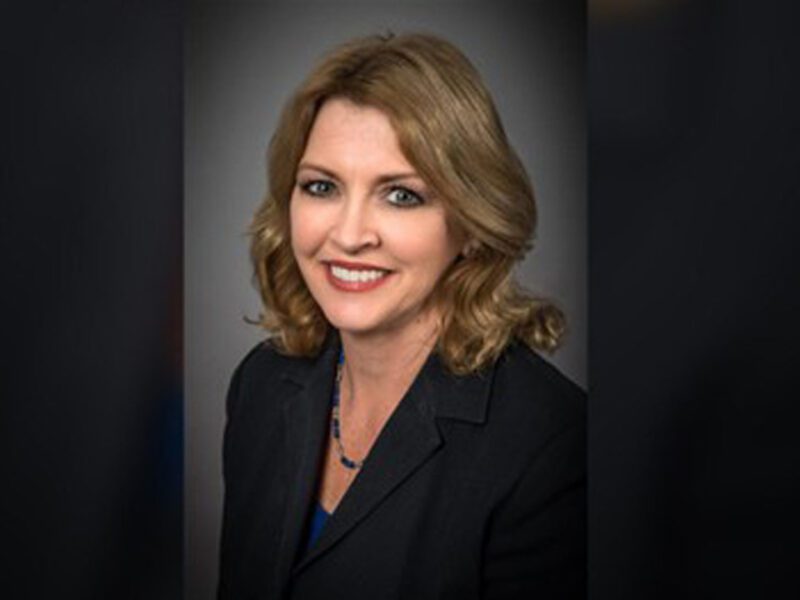
Tampa Bay schools strain to fill classrooms as teacher shortage grinds on
The problem could worsen after winter break, when many teachers typically retire or quit.
Tampa Bay Times | By Jeffrey S. Solochek | December 12, 2022
Florida’s teacher shortage has squeezed Rachael Johnson from two directions this year.
As a first grade teacher at Bailey Elementary in eastern Hillsborough County, Johnson and her colleagues had to split an extra class for a month when no teacher or substitute could be found. They gave up their planning time, making it difficult to serve their regular students or those who had no permanent teacher.
A new full-time teacher didn’t join the team until November.
As a mom of an Armwood High School student, she watched her daughter struggle as her advanced algebra II teacher quit and no replacement was available. The class veered between online lessons and sometimes subs until a permanent substitute was hired. And Johnson’s daughter struggled in a subject she had previously excelled in, jeopardizing her college admission goals.
For the first time in her 25 year teaching career, Johnson said she’s toyed with the idea of leaving the profession behind.

“It’s just gotten so overwhelming,” she said, noting that several colleagues have shared similar sentiments. “People are wondering if it’s worth it.”
The upshot has been a teacher shortage that has shown no sign of abating, and that some predict may worsen as the school year wears on.
School districts throughout the Tampa Bay region entered the academic year in August reporting hundreds of vacant positions, with some officials considering emergency declarations to make it easier to deal with the situation. They talked about seeking relief on state class-size mandates, and finding ways to more easily move noncertified aides into teaching posts.
The numbers improved little by the Thanksgiving holiday week.
Hillsborough schools, which had just less than 600 vacancies at the end of August, reported over 500 open teaching spots in mid-November. Pinellas County schools advertised 169 openings in August, and listed 136 in November. Pasco County had 131 jobs listed in August, and 207 just before the Thanksgiving break.
The areas of biggest need were in special education, English and math. Districts also have found it tough to find teachers in career and technical fields.
“Unless we figure out a way to pay additional funds to these specialized positions, it’s going to continue to be a challenge,” said Chris Dunning, principal of Krinn Technical High School in New Port Richey, which has gone without a second teacher in its electricity program for months.

The concerns go beyond classroom teachers to include school-related personnel, bus drivers, maintenance workers and other positions, said Don Peace, United School Employees of Pasco president.
“It’s across the board,” Peace said. “Substitutes are probably just as important. We can’t get people when people are legitimately out of the classroom. It’s a huge problem.”
One that isn’t expected to clear up any time soon.
“Winter break is a natural point in time when a lot of people leave, retire, what have you, and don’t come back,” said Andrew Spar, president of the Florida Education Association, the statewide teachers union. “I actually expect that we’ll see significant numbers of vacancies.”
To prevent that from happening, Pinellas County School Board member Laura Hine acknowledged the need to create a better atmosphere for teachers. She suggested her board should make a concerted effort to show that teachers are trusted and valued.
“We have got to lead the way,” Hine said.
She reviewed the district’s vacancy numbers and said they didn’t appear terrible as a percentage of the countywide faculty, which numbers about 7,000. Turnover is a constant, she noted, and there’s always been a need for new teachers and substitutes.
“But if it’s your child who doesn’t have a math teacher, it’s not good enough,” Hine said.
Jonathon Pohnel, a junior at Pasco County’s Mitchell High School, will attest to that.
For the second year in a row, he said, his math teacher quit in the middle of first semester. Daily substitutes oversaw the course for several weeks until a permanent substitute took over, he said.
During the transition, assignments and tests got lost, affecting grades. Students had to learn different instructors’ teaching styles in addition to attempting to understand the material, which in this case was honors precalculus.
“It’s been tough with all the teacher-switching,” Pohnel said. “When you switch three times in a short period, it really affects you.”
Spar, the state union president, said district and state initiatives such as one-time bonuses and relaxed certification requirements are unlikely to help solve the problem. He suggested other steps are needed to attract new teachers and retain the ones already in classrooms.
In the short term, he said, society needs to stop berating teachers and staff over politically charged issues that most are not involved in, instead focusing on the real needs of students. In the long term, he added, Florida needs to improve its education funding to compete nationally.
“I think there are a lot of people who want to be teachers,” Spar said. “They just don’t want to do it under the conditions they face today.”





